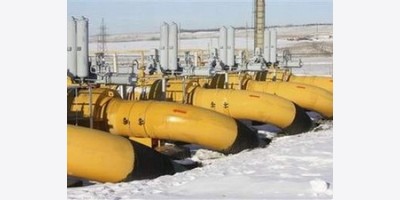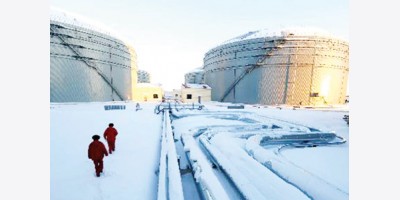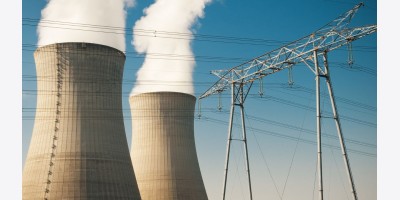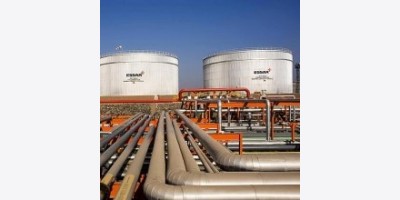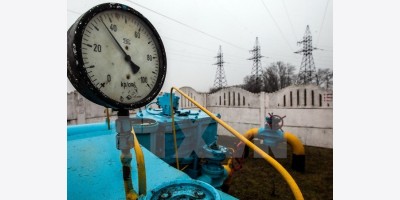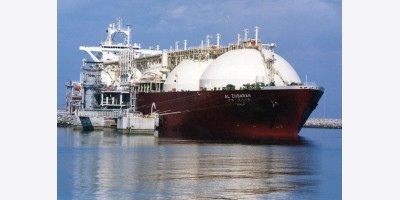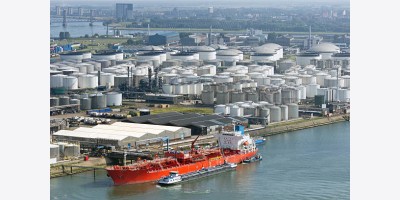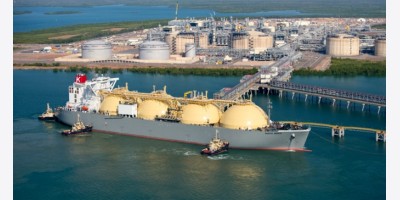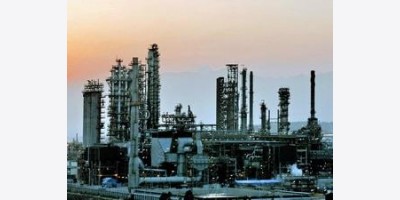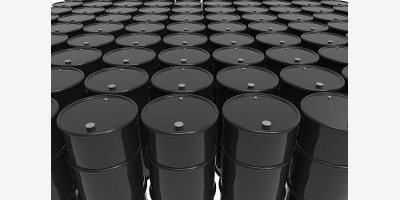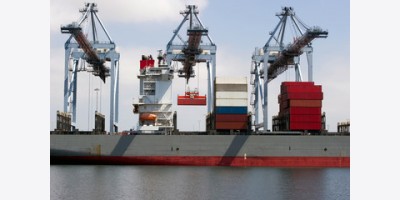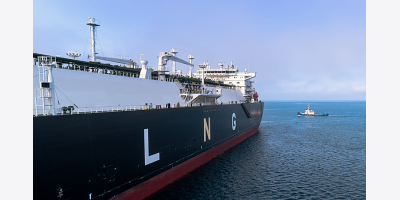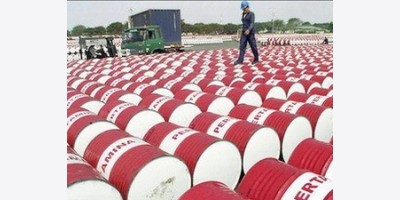Báo Thanh Niên English
The government has gotten the green light to increase fuel’s environment tax rates threefold, expectedly from this May 1, in an attempt to mitigate losses resulted from the upcoming reductions in fuel’s import duties.
Under a plan presented to the National Assembly’s Standing Committee on Tuesday, new environment tax rates will be VND3,000 (13 US cents) per liter for gasoline and jet fuel, VND1,500 per liter for diesel fuel, and VND900 per liter for kerosene.
The hikes will allow environment tax incomes to double this year, or nearly VND35.6 trillion ($1.64 billion), finance minister Dinh Tien Dung told legislators.
Since the adjustments will be applied together with decreases in import duties, domestic fuel prices will not be affected, he said.
Vietnam is set to reduce import tax rates, from 35 percent to 20 percent, on fuel products bought from ASEAN countries, China, and South Korea in 2015-2017, in accordance with their trade agreements.
The government further claimed that the environment tax hikes will make Vietnam’s fuel prices “suitable” with those of other countries in the region, thus helping reducing smuggling activities.
In fact, it said, the country’s most popular gasoline grade 92-octane (92 RON) will still be lower than those of some other regional nations like Cambodia, China, Laos, and Thailand, even after being added with new tax rates.
Official figures showed that Vietnam imported 4.6 million tons of fuel products from ASEAN, China, and South Korea last year, which accounted for around 64 percent of the country’s fuel imports.
Vietnam’s retail fuel prices have been continuously cut since mid last year, in response to the global downtrend.
The 92 RON gasoline is now sold at VND17,570 (82 US cents) a liter, diesel at VND16,630 per liter, kerosene at VND17,110 per liter, and mazut at VND12,930 per kilogram.
Regardless of the government’s promises, many fuel companies worried that it will not reduce import duties at the same time with environment tax hikes, news website VietNamNet reported.
They pointed out that the finance ministry’s decision on fuel taxes issued last December did not mention any plan to carry out Vietnam’s commitments in trade agreements.
Instead, taxes on imported fuel products have been sharply increased in Vietnam over the past two years and are now set at 30-35 percent.





